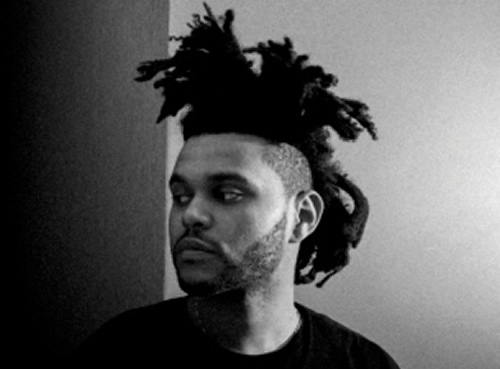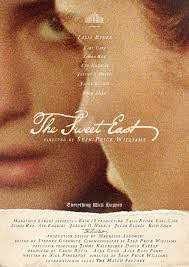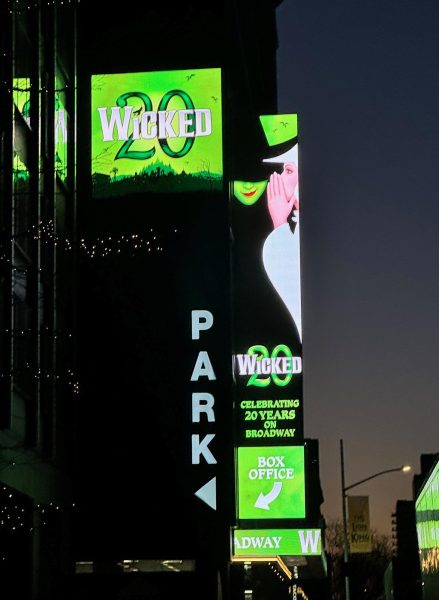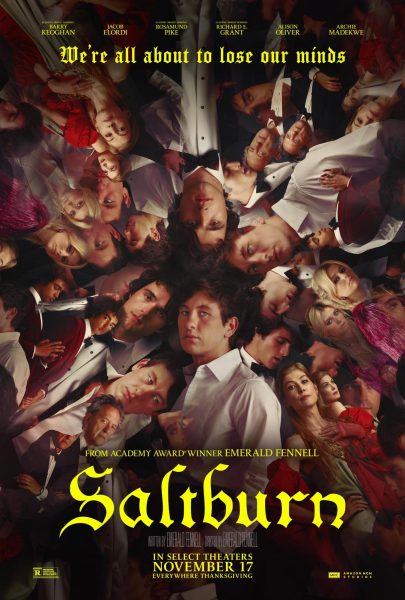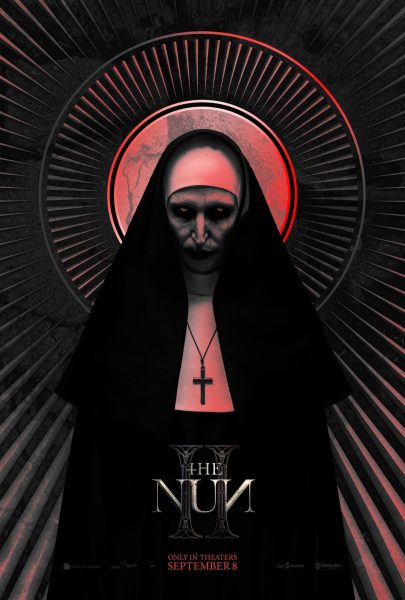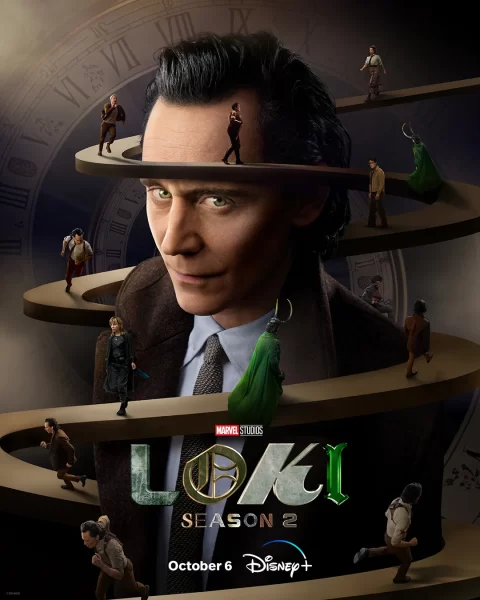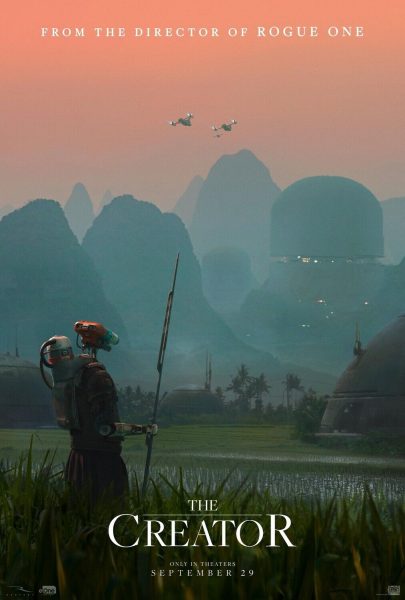The Weeknd fails to find Beauty Behind the Madness
“I can’t feel my face when I’m with you.”
It was the mantra of the summer and the bane of your existence. These nine words have mercilessly followed you for the last two months, yet you still haven’t the faintest idea of what they mean. In this sense, “Can’t Feel My Face” set the tone for Abel Tesfaye’s (better known as The Weeknd) second studio album, Beauty Behind the Madness, which as a whole leaves listeners without any new meaningful ideas.
However, if “Can’t Feel My Face” was a lanternfish, Beauty Behind the Madness would be the lightless depths of water enveloping it. The upbeat, made-for-pop-radio club anthem serves as a haven amongst the throngs of darker, more gratuitously sensuous tracks.
In a failed attempt to be raw and honest, Tesfaye comes off as misogynistic and conceited, his ego being as high as his now-iconic hair. He glorifies meaningless sex and excessive drug use without a twinge of irony. While many hip-hop and R&B artists are guilty of this, the decent ones at least have the audacity to hide their crude allusions behind metaphors. Tesfaye, on the other hand, leaves nothing to the imagination — his lyrics have listeners questioning if they will ever be able to look their mothers in the eye again.
On paper, Beauty Behind the Madness seems destined for greatness. His collaborators include Kanye West, Ed Sheeran and Lana Del Rey, and he worked with an array of highly-acclaimed producers striving to create a new, unique sound. However, when compiled into an album of 14 repetitive tracks, it becomes obvious that every aspect of Beauty Behind the Madness has been done before, either by Tesfaye himself or by any one of his obvious inspirations.
“In the Night,” a disco foot-stomper, could have been taken straight out of a ’90s Michael Jackson album. Tracks like “As You Are” and “Tell Your Friends” could easily be replaced with “Outside” and “The Morning,” respectively, from Tesfaye’s debut album. Production decisions seem strange and uncalled for — by the middle of “Shameless,” when an extended ’80s-hairband-esque guitar riff emerges out of nowhere, total confusion ensues.
At the end of the day, appreciation of The Weeknd relies heavily upon suspension of disbelief. Once you accept Tesfaye’s bad-guy persona for what it is and you’re able to roll your eyes in jest when he repeatedly proclaims that “[he] only calls you when it’s half-past-five” (“The Hills”), it can be surprisingly easy to enjoy the sultry tones with which he croons. Furthermore, despite their lack of complexity — or perhaps because of it — the melodies are catchy, and as much as you will hate to admit it, they will leave you guiltily wanting more.

